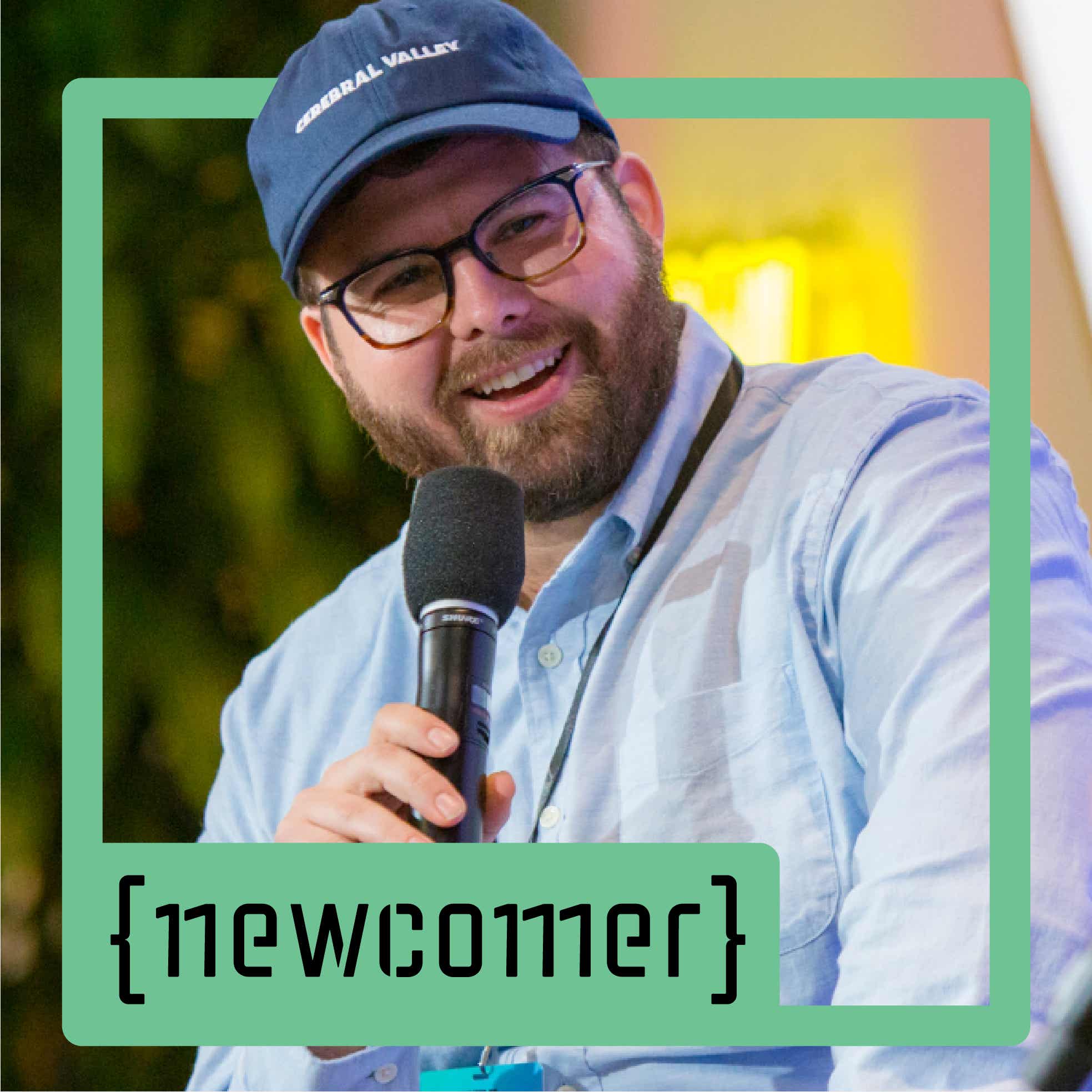Hydrogen Space Balloon (with Jane Poynter & Ali Rohde)
Description
Jane Poynter spent two years and 20 minutes in a biosphere back in the early 1990s. (There’s a documentary about it.)
Later, Poynter set her sights on a mission to Mars. Wired wrote in 2014, “Meet the Couple Who Could Be the First Humans to Travel to Mars.” The story was about Poynter and her husband, Taber MacCallum.
These days, the duo is working together on building a hydrogen balloon that will take tourists to space for $125,000. Poytner came on the podcast to talk about her startup, Space Perspective. We also discussed SpaceX, Elon Musk, Virgin Galactic, and the state of the adventure tourism industry in light of the deep sea deaths on a OceanGate submersible headed to the Titanic.
On the show, Poynter said that Space Perspective, which has about 130 employees, has raised almost $70 million. Prime Movers Lab and LightShed Ventures are major investors, Poynter said. She told us that she hopes to commercial operations “around the end of 2024.”
Venture capitalist, chief of staff newsletter author, and AI event host Ali Rohde joined me as a guest co-host for the episode. (She’s a friend of the show and I’m exploring different podcast episode formats. I always welcome your feedback and advice. In that spirit, I’ll mention that I’m still looking for a podcast producer.)
Think of the episode as part two in my exploration of space startups. Last week, I talked with Delian Asparouhov, the co-founder of Varda Space Industries.
This week, we interrogate space tourism. Give it a listen.
Highlighted Excerpts
The transcript has been edited for clarity.
What if anything did you take away from the OceanGate situation?
Jane: What’s fascinating is we got almost no customer questions or refund requests due to the OceanGate accident. It’s incredibly different from what we do. Also, in the 60+ years of deep ocean submersible operations there had never been a fatal accident until that incident. You have to ask why. I don’t want to focus on OceanGate specifically, but the big takeaway for us was that we embrace regulatory oversight. We want the FAA and Coast Guard to work with us since we also operate at sea. We go so far beyond any standards they would set that it’s good for us and the industry to have that accountability and transparency. That was the main takeaway: We welcome reasonable regulations and oversight.
Space tourism more akin to safaris than Virgin Galactic
Jane: It’s interesting that you talk about Blue Origin and Virgin not being competition because the experience is so differentiated from what we offer. Our experience is more akin to incredible safaris, trips to Antarctica, and other wonder travel that deeply transforms people. That’s why we priced our tickets at $125,000. It’s in line with those kinds of life-changing experiences. When Antarctica tourism opened up, there was a huge demand from people willing to pay high prices for a once-in-a-lifetime trip. We’re seeing incredible excitement and demand from customers wanting to go to space with us. We have an event coming up soon with over 100 of our explorers gathering here, and they all want to connect with each other too. We’re building a real community around spaceflight and this experience. It’s going to be such an extraordinary, bonding experience for people. I truly believe it will bring people together in a deep way.
You mentioned Blue Origin, Virgin, and SpaceX — obviously some of the first names people think of when space is mentioned like Elon Musk and Jeff Bezos. They are controversial figures, likely quite different from our target customer base. But I'm curious. What do you think about them? Are you grateful for how they've helped popularize and mainstream space travel?
Jane: Taber and I worked with Elon before he started SpaceX, so we have an interesting perspective. In the early days of SpaceX, space tourism was considered a joke and the idea that commercial companies could enable space travel or moon/Mars mission
More Episodes
This is probably my favorite episode of the year. We just updated our picks for our artificial intelligence startup fantasy draft. That means dropping startups whose star is fading and making new pickups.
Last year, Max Child, James Wilsterman, and I drafted the most promising generative AI...
Published 11/13/24
Published 11/13/24
We’re back with a couple episodes of the Cerebral Valley Podcast leading up to our summit on November 20.
I’m joined by my Cerebral Valley AI Summit co-hosts Max Child and James Wilsterman.
On this episode, we started by talking about the thing on everyone’s minds — the election of Donald Trump...
Published 11/09/24


